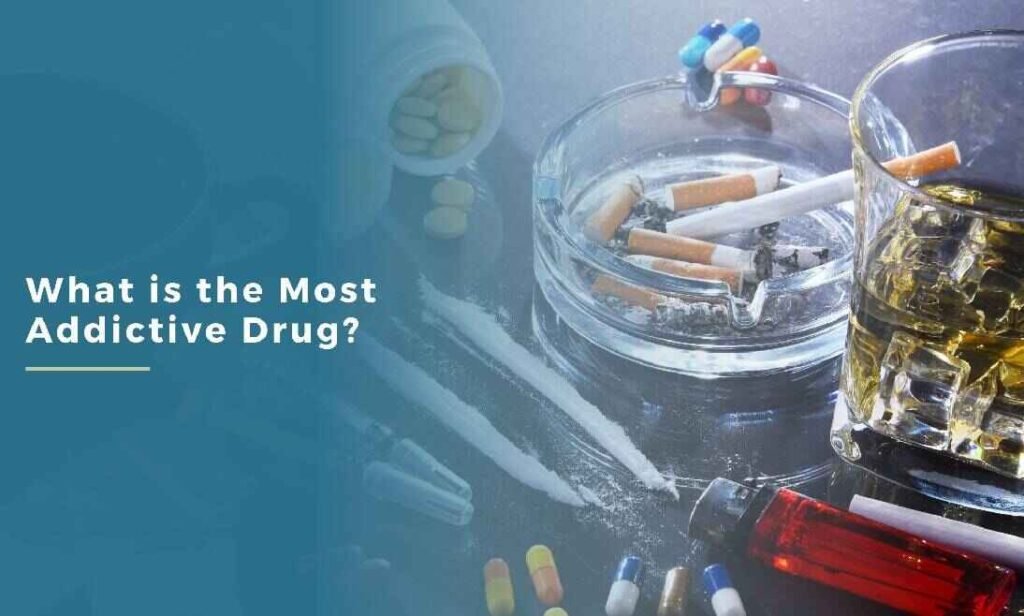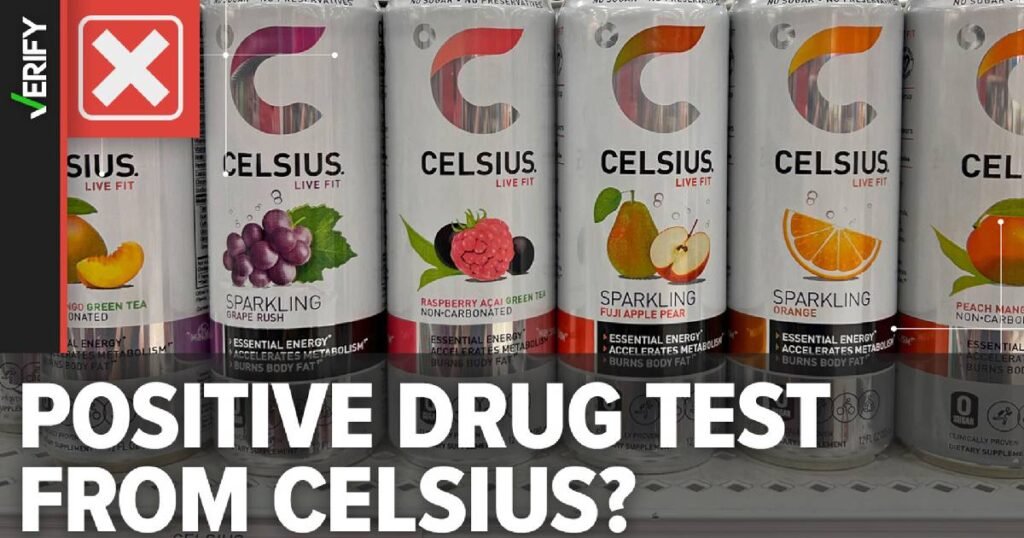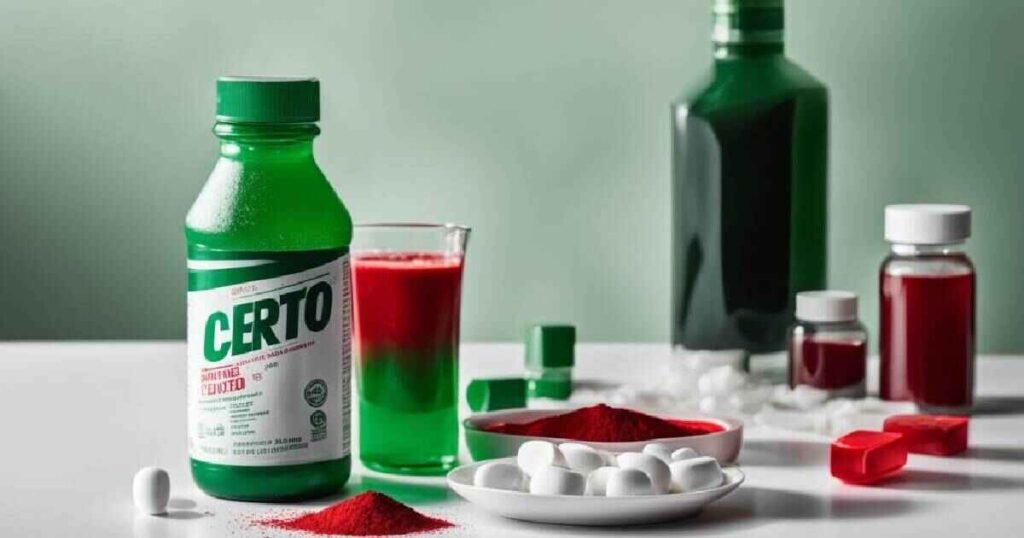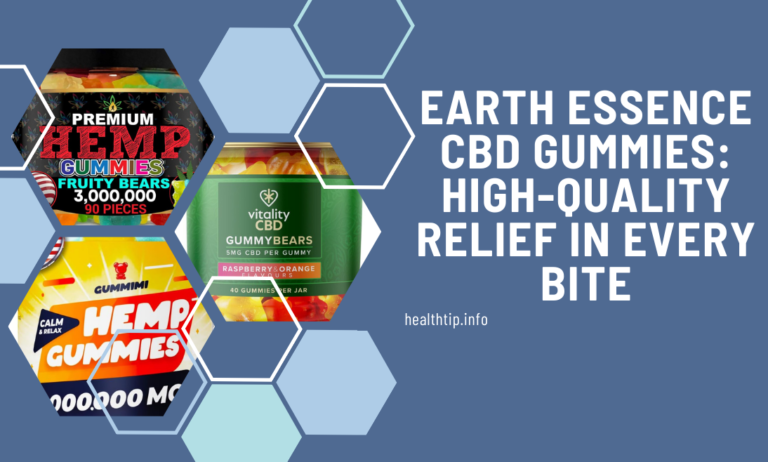INTRODUCTION: THE DRUGS THAT GRAB US
It is a highly complex issue due in large part to many factors including chemistry, psychology, and often, the environment. To read more about addiction, check out this page), However, what makes some drugs so difficult to stop using? Is it the emotion created in us by the drug, the drug, itself, or deeper, a biological imperfection in our brains? Here in this article, we will talk about the most (assuming) addictive drugs, what makes them so attractive, the unique effect they have on the body and mind.
Discover more about Drugs
What Makes a Drug Addictive?
The tendency to become addicted is based on the way a drug affects our reward system in the brain. Some chemicals flood the brain with dopamine, a neurotransmitter that makes you feel good when you do things that preserve or enhance your life. This spike in dopamine encourages a reinforcing craving to use the drug again. Simply, the more dopamine discharged, the more one is preconditioned to return to that behavior.
The Brain’s Role in Addiction
There is a potent intrinsic reward system in the human brain to promote behaviors that support life. This system is tricky to control when it has been hijacked by addictive substances. Drugs make you release dopamine levels that are above what people would do in human nature activates such as eating or socializing. The brain accommodates to this, needing higher doses to achieve the same effect — this is referred to as tolerance. A higher demand for this substance can carry you to a situation when you begin relying on this and with time can be addictive.
The Most Addictive Drugs: The Contenders
Some drugs are particularly noted for producing rapid dependence and addiction. Here are just some of the more frequently offenders:
- Nicotine
- Alcohol
- Heroin
- Cocaine
- Methamphetamine
- Prescription Painkillers
- Nicotine: The Legal Killer
Why It’s So Addictive
Nicotine, found in cigarettes and other tobacco products, is well recognized as one of the most addictive substances. Its effects are nearly instantaneous, reaching the brain in seconds after inhalation and releasing dopamine and other neurotransmitters. Nicotine is legal and therefore readily available — it has a wide reach.
Health Impacts
Chronic nicotine addiction is an endless source of lungs, the heart, and cancer. Millions of people find it harder to quit smoking even if it poses significant health risks, which indicates the power that nicotine has on its consumers.
Alcohol: Not Just a Beverage.
The Danger of Dependence
Substance Abuse Considerations A lot of people may drink alcohol regulation them, and it is a culturally acceptable practice. But it is also very addictive, especially when used in excess. Acute alcohol withdrawal can be life-threatening, unlike many other drugs where physical dependence does not occur.
Impact on the Body and Mind
Chronic heavy drinking harms nearly every organ in the body but the liver and brain. Mental health disorders, such as depression and anxiety, are likewise connected with alcohol, leading to a cycle of liquor reliance where individuals consume to handle a multitude of emotional pain.
The most innocuous sin: HEROIN HIGH
Immediate Effects
Addictive drugs is one of the most infamous ones — heroin. It is a semi-synthetic opioid based on morphine, and produces a very strong euphoric high, although tolerance builds quickly and the user must increase dosage frequently.
Long-term Consequences
The health hazards of heroin users, such as overdose, viral diseases, and collapsed veins. Heroin, because of its extreme addictiveness and how fast the body grows a tolerance to it, is difficult to quit without going through a professional detox process.
Cocaine: The Fastest High
Quick Action, Short Duration
Cocaine is a powerful stimulant which causes a strong, rapid high. Hence increasing Dopamine in the brain in almost no time, providing a quick but momentary feeling of euphoria. To keep the high, a user frequently takes more drugs, leading to a rapid increase in use.
Risks of Use
Stimulant addiction gets cardiovascular disease, paranoia, and mental health issues. Users face serious health outcomes due to its highly addictiveness but most do not stop until long after these adverse health outcomes occur.
Meth: The Mind Boss
Why It’s Highly Addictive
Methamphetamine (meth) is a powerful central nervous system stimulant that has profound effects on the dopamine system in the brain. Meth gives users a long “high” that can motivate them to continue using in order to maintain their high. It is so destructive to the brain and body.
Physical and Mental Damage
Meth use creates horrible dental problems, sores in the skin and drastic weight loss over time. Psychologically, it is known to create paranoia and aggression, as well as major cognitive deficits, even long after an individual has stopped using the drug.
Opioid Painkillers: A Silent Killer
Addiction Risks
Drugs such as oxycodone or fentanyl, known as prescription painkillers, are meant to relieve intense pain. But they are also very addictive, especially if you take them in the wrong situation and more than you are supposed to.
Growing Epidemic
The opioid epidemic justifies the risks of the prescription of pain medications. The widespread prescribing of these drugs, particularly in the U.S., has resulted in millions of addictions and hundreds of thousands of overdose deaths.
Examining the Effects on Mental Well-Being
Most addictive drugs do more than affect the body; they also wreak havoc on mental health. Substances like alcohol, cocaine, and methamphetamine may exacerbate anxiety, depressive, and even psychotic symptoms in some individuals who use these drugs. This creates a cycle that is nearly impossible to break free from without help; these mental health problems only make quitting more difficult.
Impact of Addiction on Family and Society
Addiction does not only affect the addicted. When a friend or family member addict cost families a great deal of pain and emotion. You have the loss of productivity and health care for society and the crime connected with drug misuse.
This is why drugs are more difficult to quit
Different drug substances vary in terms of how hard they are to quit. Statistically speaking, in this class of substance, it leads to physical dependence, such that the withdrawal symptoms are so painful that one is almost physically compelled to take more (nicotine and heroin are examples for this class). Cocaine and other drugs create strong psychological yearning, and the addict is compelled back to the drug in order to eliminate the craving.
Treatments for Drug Addiction
The approach toward curing and treating addiction is dependent on the individual and the drug in question. Options include:
Behavioral Therapy: such as cognitive-behavioral therapy (CBT) to alter patterns and behaviors
MAT for Opioid Addiction: Medications such as buprenorphine and methadone are often used.
Support groups: Communities, such as Alcoholics Anonymous (AA) or Narcotics Anonymous (NA)
Detox: assist individuals medically in the withdrawal from drugs
Final Thoughts: Is Addiction Preventable?
Addiction isn’t completely preventable, but the more people who receive education, mental health support, and treatment, the better. Only by understanding the risks associated with these drugs and creating healthier coping mechanisms can we begin to rid society of the burden of addiction.
FAQs
Which drug is the most addictive?
Heroin, methamphetamine, and nicotine are among the most addictive drugs, and while it is difficult to define which is the most.
Can it be addictive from first use?
Addiction or even simply a very intense craving for some drugs — such as meth and heroin — can take hold after a single use (but that varies from person to person).
Why do some individuals develop an addiction, whilst others do not?
Addiction risk factors can include genetics, mental health, environmental factors, and frequency of use.
The question of whether drug use can ever be at a “safe” level
Even if someone takes a drug for a medical reason, drugs that are used without a prescription or used for recreational purposes are dangerous.
What should I do to someone who is fighting with addiction?
The first steps to help someone with addiction are to offer support, encourage professional help, and show empathy.



















